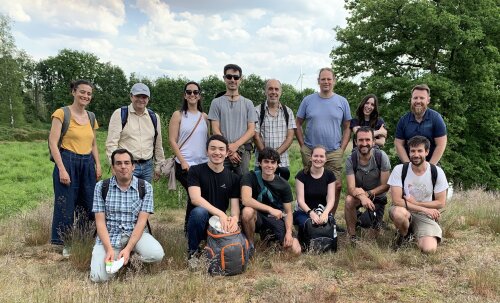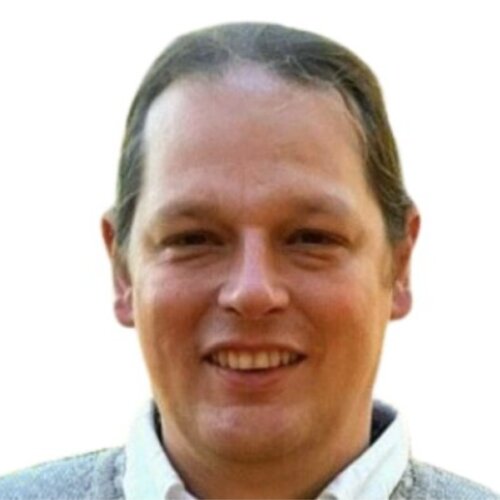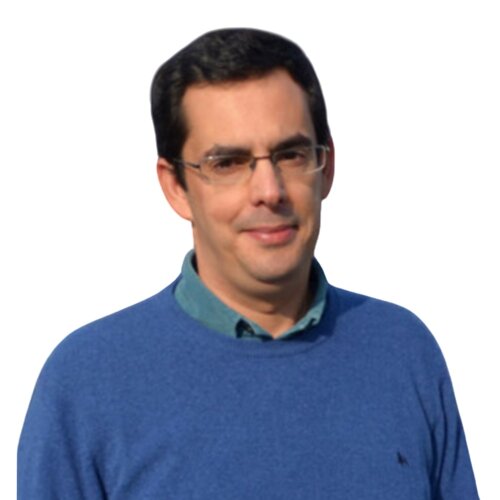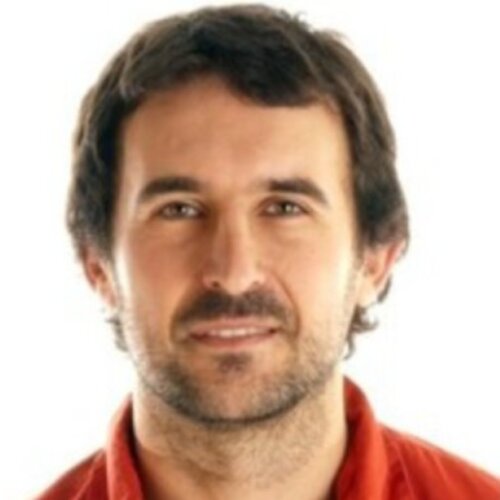Consortium
- University of Antwerp, Ecosphere research group and Institute for Environment and Sustainable Development, Belgium;
- Poznan university of life sciences, Department of Ecology and Environmental Protection, Poland;
- University of Lisbon, Sciences faculty, Portugal;
- University of Basque Country, Department of Plant Biology and Ecology, Spain.

Funding organisations
This research project runs for 3 years (starting from January 2025) and is funded through The Water4All 2023 Joint Transnational Call on "Aquatic Ecosystem Services", with the EU and the funding organisations:
- The Research Foundation - Flanders (FWO), Belgium;
- National Centre for Research and Development (NCBR), Poland;
- Fundação para a Ciência e Tecnologia (FCT), Portugal;
- Agencia Estatal de Investigación (AEI), Spain.
Principal investigators
Belgium

Prof. Dr. Jan Staes has been working at the University of Antwerp since 2002. His research topics are on river catchment management, integrative adaptation, ecosystem-based adaptation concepts and linking ecosystem services to spatial planning and climate adaptation. In recent years his focus has been on the integration of ecosystem services and nature-based solutions in catchment management, increasing resilience against droughts and extreme precipitation events. He was involved in many local and international projects regarding these topics such as the FWO-SBO projects TURQUOISE(2021-2025) “Blue-green strategies for climate adaptation” and ECOPLAN “Planning for Ecosystem Services” from 2012-2016, Horizon 2020 project “LANDMARK” (2015-2019), INTERREG 2 SEAS project PROWATER (2017-2022).
Poland

Prof. Krzysztof Szoszkiewicz is specialized on ecology and environmental protection of the rural area, biological monitoring of aquatic ecosystems; hydromorphological river assessment; vegetation of aquatic, wetland and grassland ecosystems; phytosociology; biodiversity assessment and conservation. He conducted numerous national and international projects including, BiodivRestore Cofund Action between BiodivERsA and the Water JPI (2022-2025), Baltic Landscape in change under the European Regional Development Fund (2008-2013), Innovative approaches towards sustainable forested landscapes - deWELopment (2003-2005), STAR (2003-2005) - Standardization of river classifications: STAR under EU Framework Programme (2003-2005).
Portugal

Dr. Pedro Pinho currently an Assistant Research at cE3c Sciences Faculty, University of Lisbon, leading the UrbanLab at cE3c. His research topics are on the effect of environmental changes on ecosystems functioning and provision of services, considering changes with both natural and human origin: urbanization, desertification and land degradation, climate alterations, eutrophication and land-use/cover. He is currently focused on ecology topics, including biodiversity, ecosystem services and nature-based solutions. His work tools include ecological indicators, remote sensing and spatial analysis, modelling and citizen engagement.
Spain

Dr. Aitor Larrañaga has worked in 20 research projects about river ecology and restoration. His expertise revolves around river’s natural processes, assessing the anthropogenic impacts and its effects on biodiversity. He has worked on energy flows, nutrient cycling, green-house gas emissions and water characterization. He has also worked assessing the recolonization of dry beds in rivers suffering from drought, measuring the organic matter and methane emissions. Regarding restoration, he has participated in the European project MERLIN, in which fluvial barriers and dams were demolished. Their research has provided knowledge for the implementation of NBS such as permeable dams and pollutant retention pools.